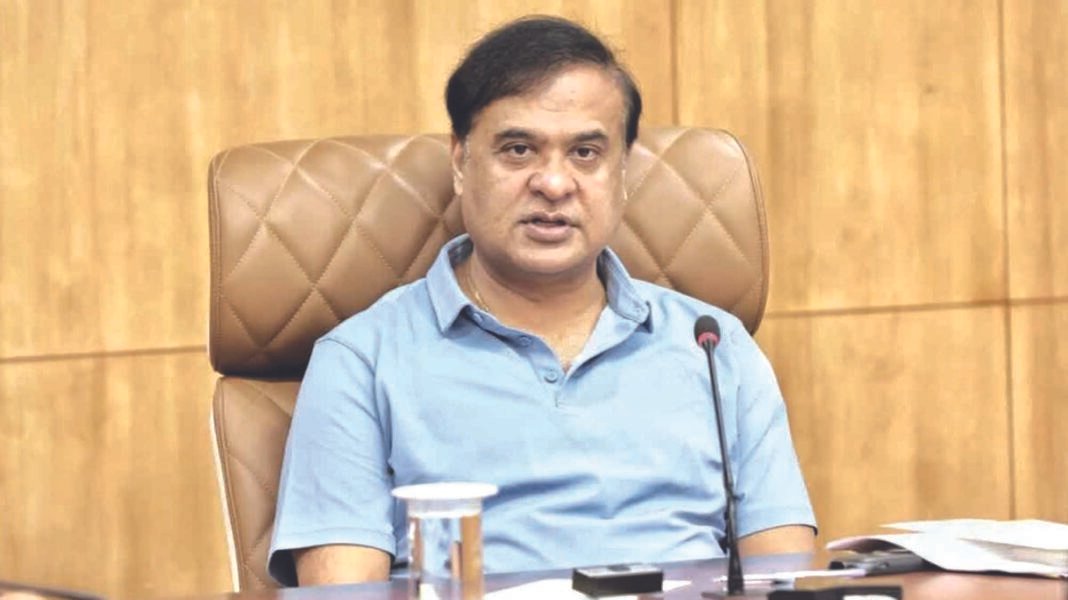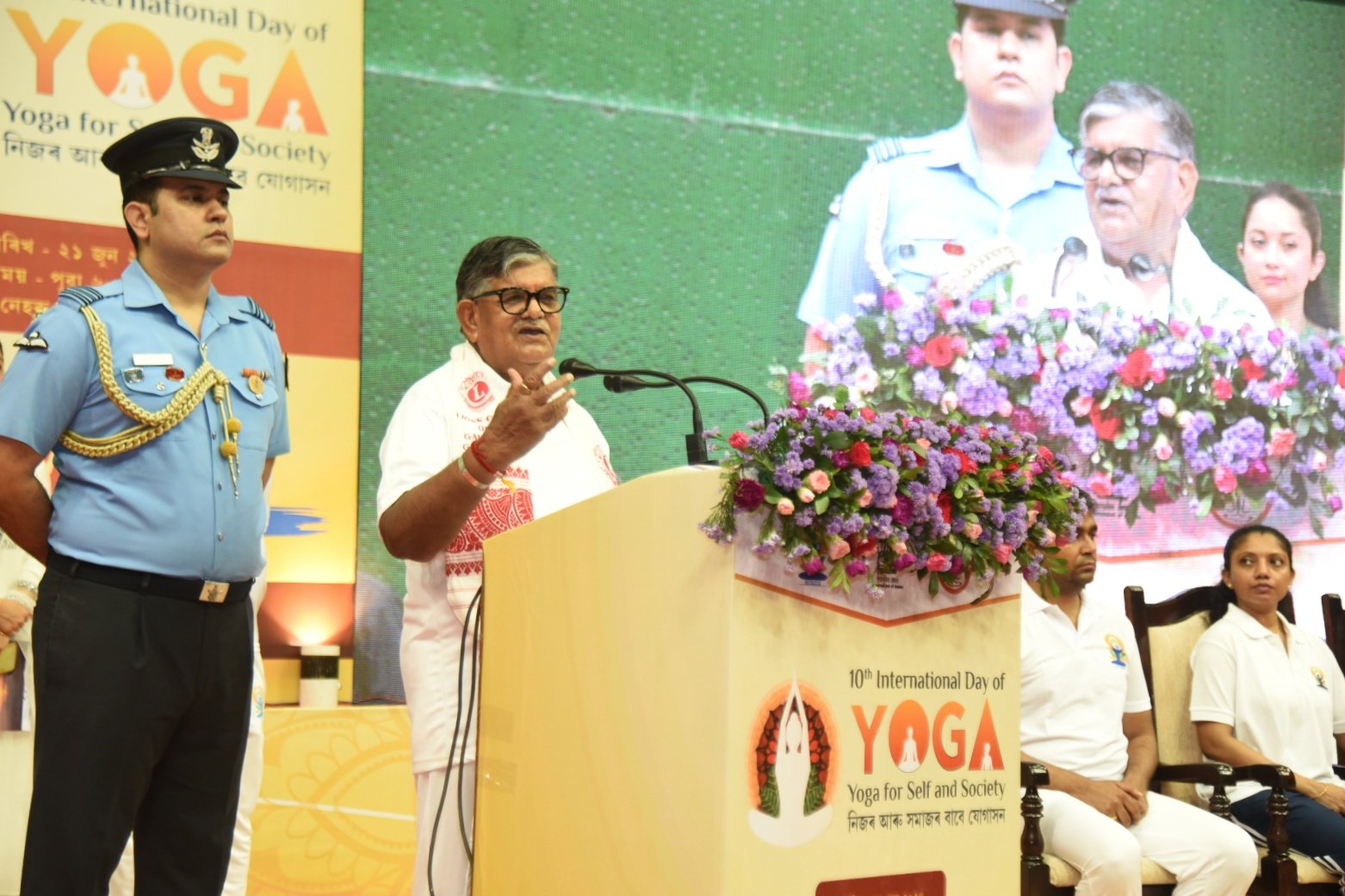GUWAHATI, June 14: Chief Minister Himanta Biswa Sarma on Saturday alleged that the Congress had committed a ‘historic blunder’ by letting Pakistan become a nuclear state instead of taking any action during the 1980s.
Pakistan has been using “nuclear blackmail” to deter international action, the chief minister claimed.
‘At a time when nations today act decisively to neutralise nuclear threats, India’s tragic inaction during the 1980s remains a cautionary tale of what could have been—and what wasn’t,” the chief minister said in a long post on X.
He said that it was a ‘missed moment’ though the Research and Analysis Wing (RAW) had solid intelligence confirming Pakistan’s uranium enrichment activities at the Kahuta facility.
In the post titled “Congress’s Historic Blunder: How India Let Pakistan Become a Nuclear State”, Sarma claimed Israel had offered to help—from actionable intel to joint strike planning. Jamnagar Air Base was shortlisted as a potential launchpad and the Indian military gave full backing to a preemptive airstrike on Kahuta.
‘India had the capability and consensus to eliminate the threat before it became a reality. Yet at the last minute: Indira Gandhi hesitated, fearing international fallout,’ the chief minister alleged.
Sarma further claimed that Rajiv Gandhi had ‘shelved the plan, prioritising diplomacy over deterrence under foreign pressure’.
Its fallout was that in 1988, Rajiv Gandhi signed a no-strike nuclear agreement with Benazir Bhutto, the then prime minister of Pakistan, pledging mutual restraint on attacking each other’s nuclear installations, he said.
‘A decade later, Pakistan tested nuclear weapons in 1998. India was pulled into a costly nuclear arms race. Kargil, proxy terror wars, and cross-border strikes have since occurred under Pakistan’s nuclear shield,’ Sarma claimed.
‘To this day, Pakistan uses nuclear blackmail to deter international action and legitimize its rogue behaviour,’ he added.
The chief minister also alleged that the key INDIA bloc ally CPI(M) had promised in its manifesto in 2024 to roll back India’s nuclear deterrent if it comes to power.
‘Where strong leadership demands resolve and foresight, Congress offered caution and delay. A historic window to safeguard India’s long-term security was squandered—for short-term diplomatic comfort,’ Sarma said.
India and the region continue to pay a strategic price for it even today, he added. (PTI)












